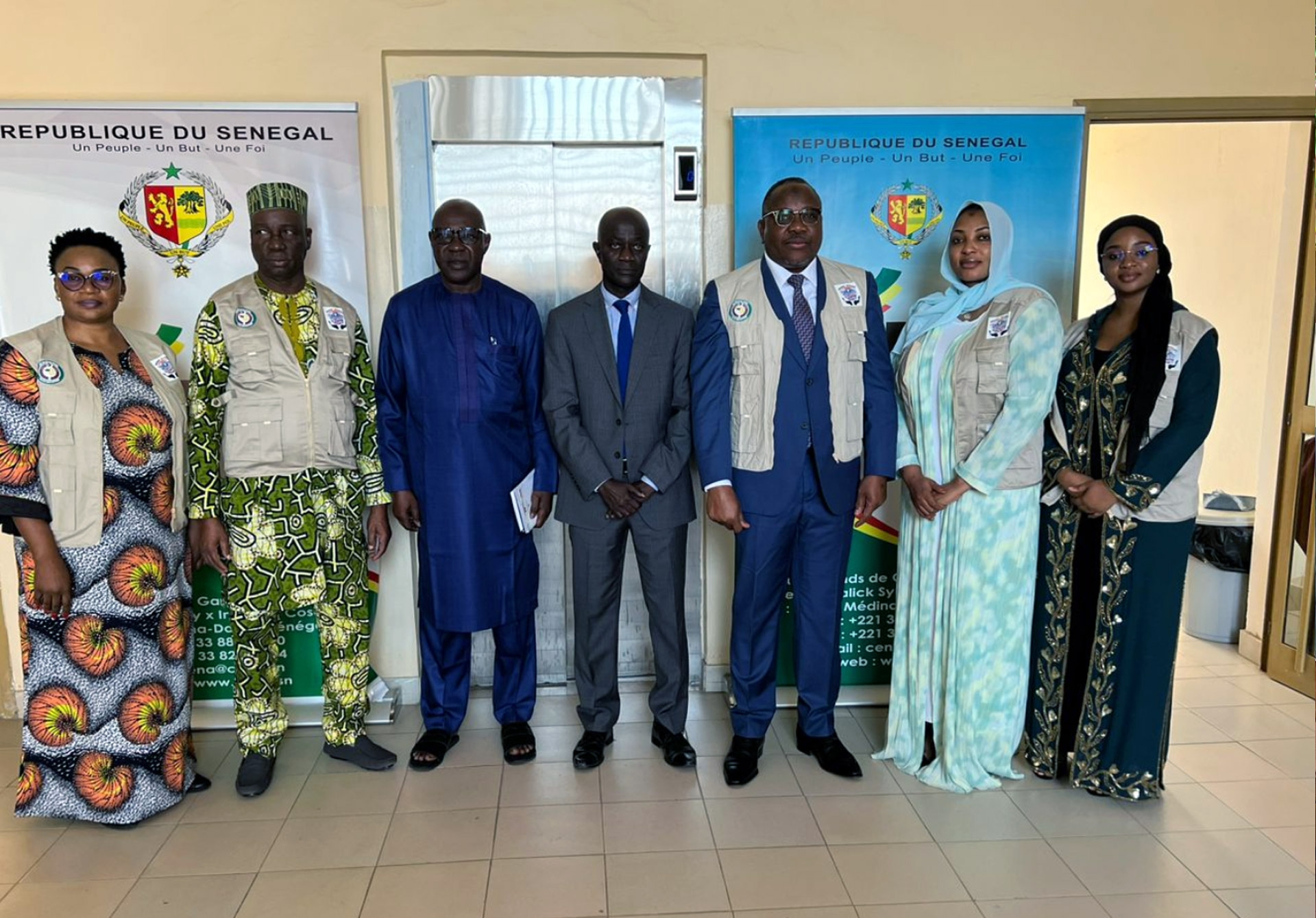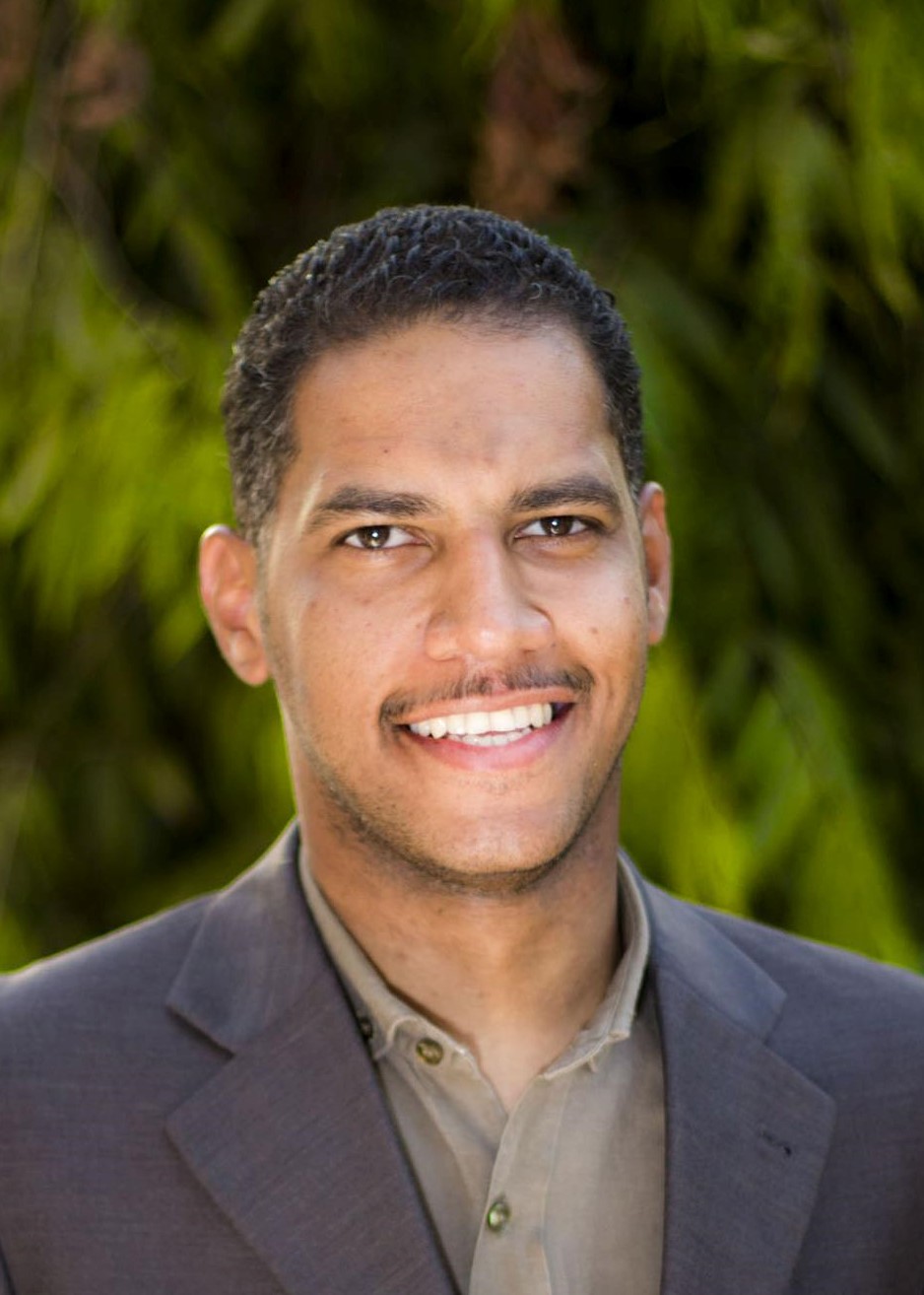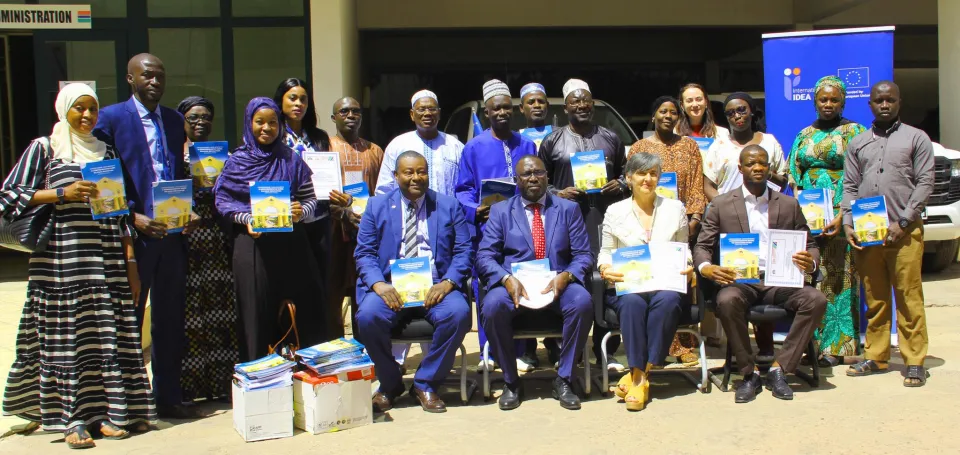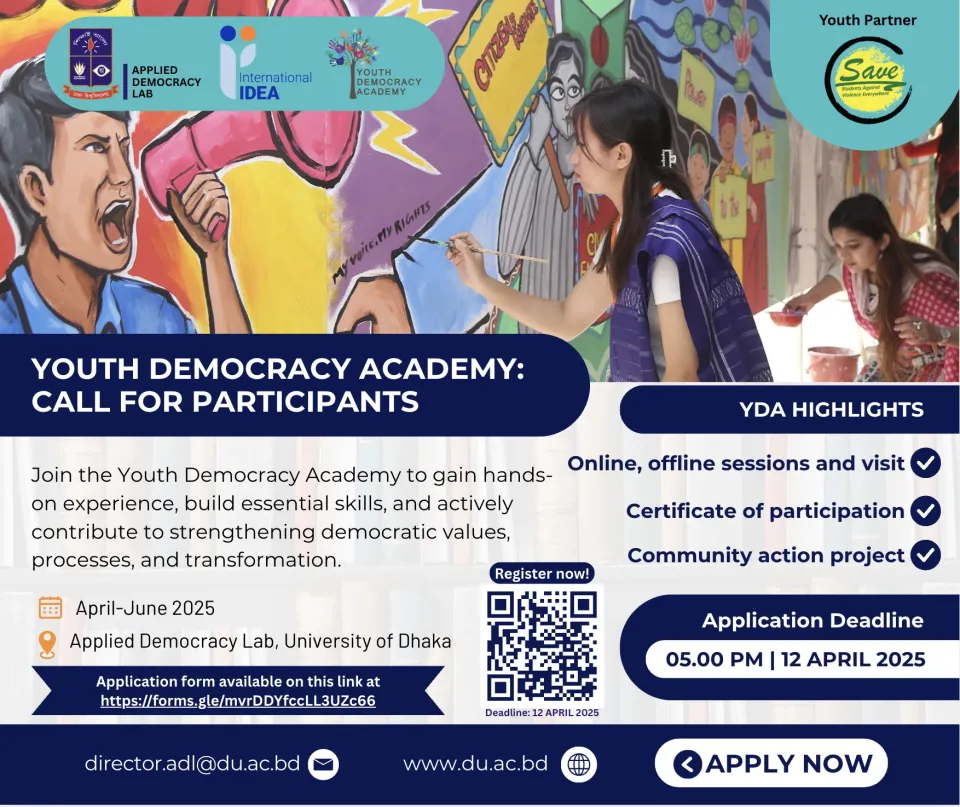International IDEA and ECONEC, promoting peer learning and strengthening regional cooperation in Senegal's Presidential Election
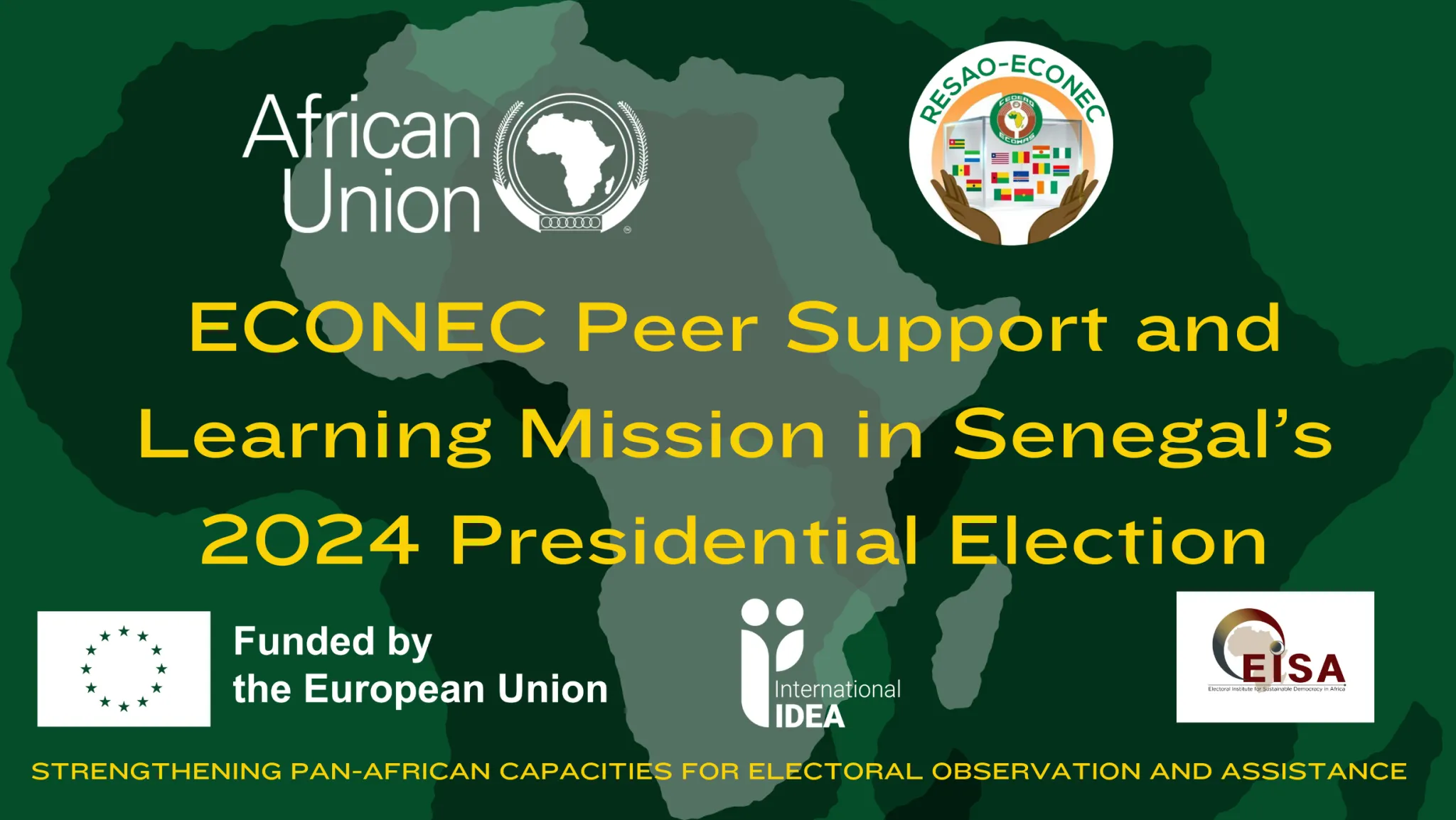
Within the framework of its Memorandum of Understanding (MOU) with the ECOWAS Network of Electoral Commissions (ECONEC) and with funding from the European Union, through the – ‘Strengthening Pan-African Capacities for Electoral Observation and Assistance project, the International Institute for Democracy and Electoral Assistance (International IDEA) supported the ECONEC Peer Support and Learning Mission (PSLM) to the 24 March 2024 Senegalese Presidential Election .
In line with the Network's mandate to promote free, transparent, and credible elections in West Africa, the ECONEC deployed the mission with the goal to support and learn from the Senegalese National Autonomous Electoral Commission (CENA).
The mission was composed of Mr. Ibrahime Coulibaly-Kuibiert, the chairperson of the Independent Electoral Commission of Cote d'Ivoire, Dr. Sacca Lafia, the Chairperson of the Electoral Commission of Benin and Mr. Albert Samba Kanu, Electoral Commissioner North-West, Sierra Leone, supported by two staff members of the ECONEC Permanent Secretariat and Ms. Vera Muring from International IDEA's Africa Regional Programme. The mission was deployed from 21 to 28 February 2024.
International IDEA's support to the mission entailed providing technical support to the mission, including support to the ECONEC team in facilitating consultation with stakeholders, providing, when needed, other advisory services, and report writing.
During the mission, the delegation held working sessions with various electoral stakeholders, including the CENA, the Directorate General of Elections (DGE) which is an integral part of Ministry of the Interior of Senegal, charged with organizing elections and Heads of International Observation missions to assess the conduct of various aspects of the process.
The 24 March elections enabled 7,033,854 registered voters in the country and 338,040 diaspora voters to elect the fifth President of the Republic of Senegal. As a peer-to-peer learning process, the delegation engaged in courtesy and several working sessions with CENA to understand the electoral process in Senegal. The delegation accompanied CENA on election day to observe elections in five polling stations across Dakar and visited the Election Situation Rooms of Collectif des Organisations de la Société Civile pour les Elections (COSCE). The five polling stations referred to as `Bureaux de vote témoins´ are the polling stations with the highest number of registered voters, whose results could form the basis of projecting the outcome of the general results of the elections. During these visits, and in the spirit of solidarity, the delegation participated in the interviews delivered by the President of CENA, Senegal- Mr. Abdoulaye Sylla. The delegation was also present at CENA to witness the result management processes.
Mr. Ibrahime Coulibaly-Kuibiert, the Head of the ECONEC delegation, noted with satisfaction that transparency in the result transmission process, and commended the use of ‘Bureaux de vote témoins´ as one of the best practices to be adapted by members of the ECONEC.
International IDEA’s in its commitment to protect and strengthen democratic elections by working with EMBs to build capacity and resilience of electoral institutions. International IDEA considers peer-learning, as a practice and culture that offers a platform for sharing knowledge, experiences, strategies, and best practices among EMBs. Although the political context may differ from country to country, most EMBs face similar challenges in the management of key processes, including results management, electoral operations, communication, voter education, perception of the impartiality of EMBs, and emerging issues such as the influence of digital media among others. Peer learning missions could therefore aid EMBs to tailor solutions to their specific contexts through experiential learning. Peer-to-peer learning also fosters a sense of solidarity and mutual support. By sharing their successes and failures, these forums offer encouragement and guidance to host EMBs, creating a supportive network for navigating the complex landscape of electoral management. In 2023, International IDEA provided technical support to the ECONEC PSLM deployed to Nigeria Elections.
The ECOWAS Network of Electoral Commissions (ECONEC is the umbrella organization for electoral management bodies (EMBs) in West Africa. Founded in February 2008 to promote free, fair and credible elections, the Network has drawn on the 1991 ECOWAS Declaration of Political Principles on Freedom, Peoples' Rights and Democratization to strengthen electoral processes in West Africa.
The Strengthening Pan-African Capacities for Electoral Observation and Assistance is a European Union funded continental project implemented by International IDEA and The Electoral Institute for Sustainable Democracy in Africa (EISA) The overall objective of this project is to contribute to improved transparency and credibility of elections in Africa while contributing towards progress in the achievement of SDG 16.6 at the global level. The project provides technical support on election observation and electoral assistance to the Department of Political Affairs, Peace and Security of the African Union Commission and relevant units of Regional Economic Communities and regional networks of EMBs.
